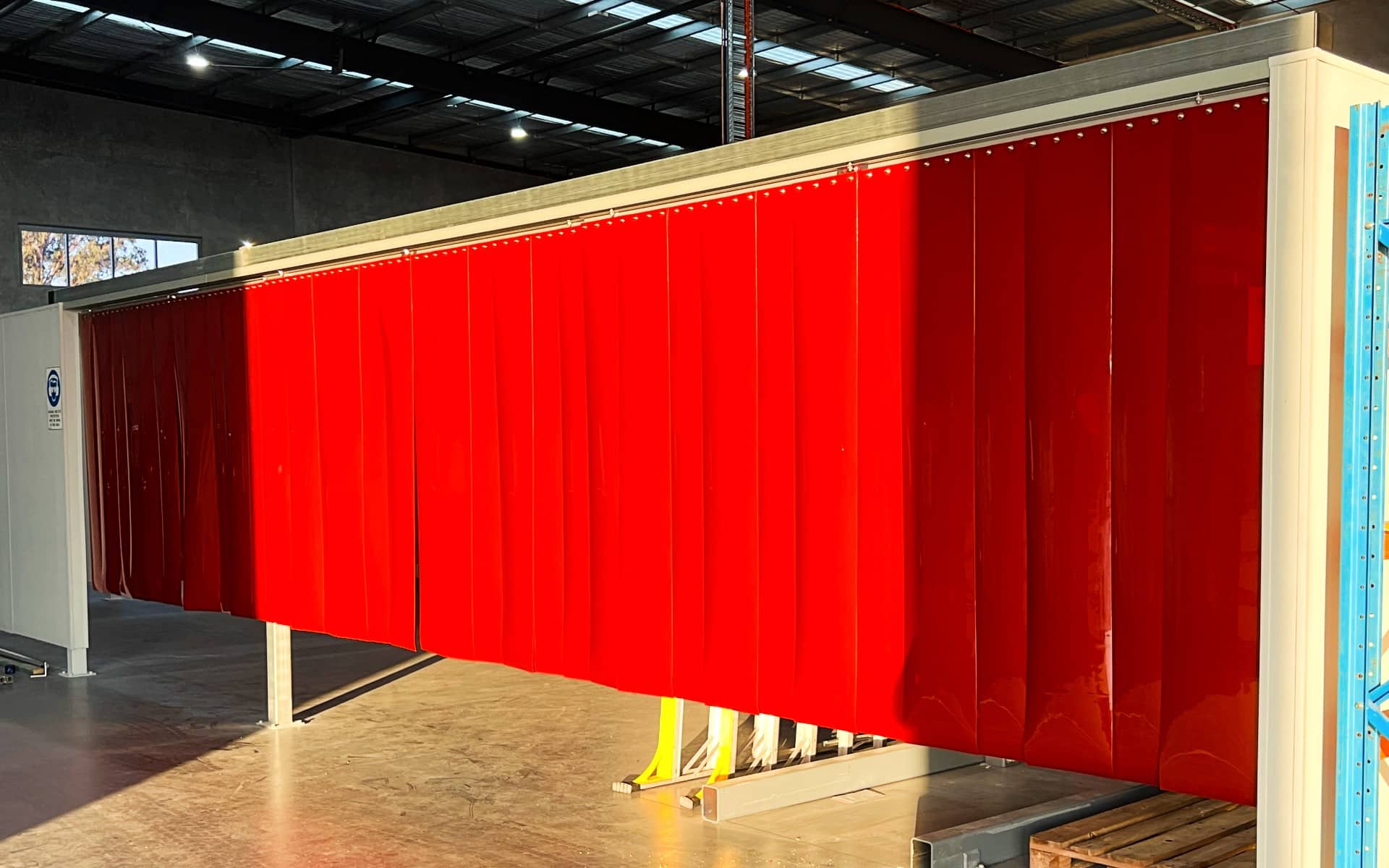Call 1300 799 969 | Contact Us


Home » How Industrial Noise Control can Improve Health, Safety, and Productivity
Optimising health, safety, and productivity in the Australian manufacturing industry is paramount. While efficiency, advanced technology, and streamlined operations often take the spotlight, industrial noise control is a critical factor that should be considered.
Excessive noise levels in manufacturing environments can have significant implications for the wellbeing of workers, as well as their overall productivity and efficiency.
This article explores the profound impact of industrial noise control on health, safety, and productivity in Australian manufacturing, taking into account relevant industry regulations and standards.
Excessive noise within manufacturing facilities poses health and safety risks to workers, and hampers productivity. Prolonged exposure to high noise levels can lead to hearing loss and other auditory health issues among employees, jeopardising their overall wellbeing. Excessive noise also acts as a distraction, impeding concentration, communication, and accurate task performance. This can result in errors, quality control issues, and extended production timelines.
In Australia, the manufacturing industry is governed by regulations and standards that ensure workers’ health and safety. These include Work Health and Safety (WHS) regulations and the Australian Noise Exposure Standard.
Manufacturers must comply with these regulations and standards, establishing noise level limits and requirements for implementing noise control measures. By implementing effective noise control measures, manufacturers enhance health, safety, and productivity and ensure compliance with Australian regulations.
Implementing robust noise control measures is crucial for prioritising the health, safety, and performance of workers in the Australian manufacturing sector. By reducing noise levels, manufacturers create a healthier workplace, protecting employees from the risks of hearing loss and other noise-related health problems.
This commitment to health and safety both safeguards workers and contributes to improved job satisfaction and overall performance. Reduced noise levels also enhance concentration, communication, and accuracy, increasing productivity and efficiency.
Excessive noise in manufacturing environments can accelerate equipment wear and tear, resulting in increased maintenance requirements and downtime. By implementing effective noise control measures, manufacturers can mitigate equipment noise and minimise these issues.
This reduction in repairs and maintenance needs leads to improved equipment reliability, decreased downtime, and overall cost savings. Reducing noise levels can also facilitate early detection of equipment malfunctions and anomalies, enabling timely preventive maintenance and avoiding costly breakdowns. Manufacturers can optimise productivity and minimise disruptions by protecting both workers and equipment.
Effective collaboration and communication are vital for maintaining safety and productivity in the Australian manufacturing industry. Excessive noise can hinder communication channels, making it challenging for workers to convey instructions, provide feedback, or address potential issues.
Manufacturers can create quieter workspaces by employing noise control solutions such as sound-absorbing materials or sound barriers. This fosters improved communication and collaboration among workers, enabling seamless coordination and a more efficient workflow. Clear communication channels contribute to enhanced problem-solving capabilities and prompt responses to challenges or changes on the production floor, thereby enhancing both safety and productivity.
Get advice on the right industrial noise control
In Australian manufacturing, prioritising health, safety, and productivity is crucial for long-term success. Industrial noise control plays a significant role in achieving these objectives while ensuring compliance with relevant regulations and standards. Manufacturers can create a healthier and safer work environment by recognising the impact of noise on health, safety, and productivity and implementing appropriate noise control measures.
As a leading provider of noise control solutions in Australia, Flexshield offers a range of products specifically designed for the manufacturing industry, including:
Compliance with Australian regulations, minimising equipment downtime and maintenance costs, enhancing communication and collaboration, and optimising productivity are the key benefits of prioritising industrial noise control. By investing in noise reduction strategies, Australian manufacturers can foster a culture of health and safety, adhere to regulatory requirements, and maximise productivity in their operations.
For expert advice on the right noise control solutions for your facility, please contact Flexshield at 1300 799 969.